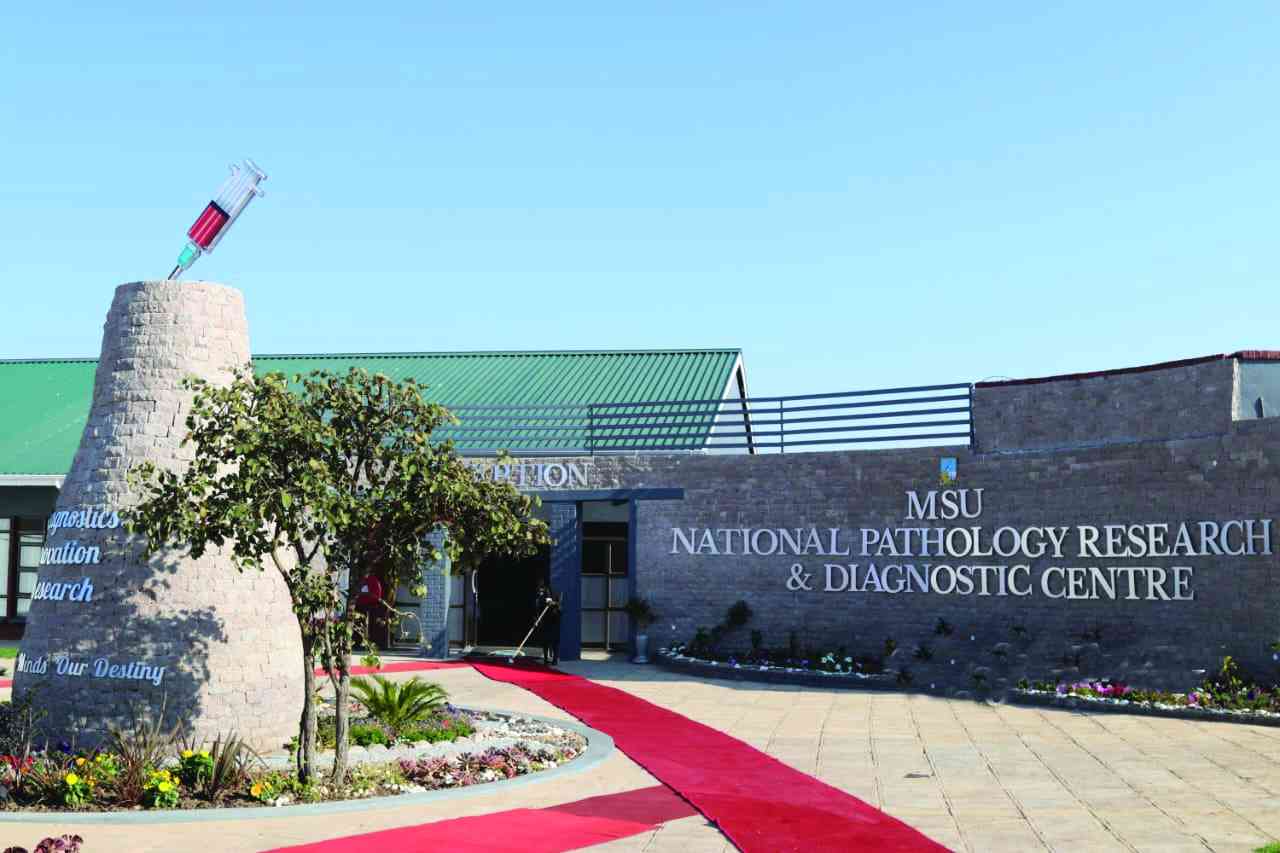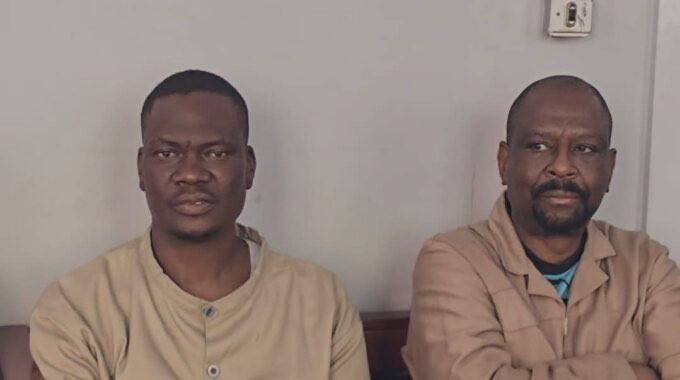
BUSINESS as usual is no longer viable. Not in Zimbabwe. Not anywhere. As the world grapples with converging crises — climate disruption, economic inequality, social fragmentation — it is increasingly clear that marginal reforms to our economic and educational systems will not suffice. What is required is nothing short of paradigmatic change.
This was the central message of the recent Club of Rome convening in New York City in June 2025, which brought together a diverse constellation of thinkers and practitioners to explore how business, education, and business education can be transformed in service of a life-affirming future.
For Zimbabwe, the questions posed at this global gathering strike close to home. Our business schools remain overly focused on producing job-seeking graduates for a formal sector that is itself shrinking.
Our businesses are still largely tethered to short-term survivalism, reactive decision-making, and extractive models of value creation.
The opportunity, and necessity, is to leapfrog into a new model that supports regeneration, wellbeing, and systemic flourishing.
From reductionism to regeneration
The dominant paradigm in business education, globally and locally, still trains students for efficiency, control, and linear thinking. It is rooted in out-dated assumptions from the industrial age, emphasising competition over cooperation, profit maximisation over purpose, and economic growth over ecological balance.
Yet, as the Club of Rome convening underscored, life does not function this way. Living systems are dynamic, interconnected, and adaptive. They regenerate, rather than extract.
- More woes for suspended Cottco boss
- News in depth: Zimbabweans choke under weight of worsening service delivery failures
- Former MDC MP in trouble for insulting police
- Antipas scoops monthly PSL awards
Keep Reading
They thrive through cooperation, not zero-sum games. A regenerative paradigm, grounded in these principles, offers a more viable model for business and education alike.
Zimbabwe’s Education 5.0 philosophy, launched to foster innovation, industrialisation and entrepreneurship, offers an interesting stepping stone.
However, if it is to move from rhetoric to real transformation, it must be infused with deeper humanistic values — dignity, interdependence, sustainability, and the nurturing of inner as well as outer competencies.
Business schools in Zimbabwe must begin to equip learners not merely with technical know-how, but with the capacity for systems thinking, ethical discernment, cultural intelligence, and self-awareness.
These are the attributes required not just to cope with the 21st century, but to reshape it.
Institutional experimentation
Zimbabwe is fertile ground for innovation — born not of luxury but of necessity. As the convening in New York suggested, real transformation may not come first from elite, top-tier institutions with vested interests in the status quo.
Rather, it may be catalysed by second — and third-tier universities and mid-sized enterprises that are closer to the edge of disruption and more open to bold experimentation.
At Midlands State University (MSU), for example, there is growing interest in positioning business development, entrepreneurship and applied research as drivers of institutional and societal change.
The university’s emerging business units — from agro-industrial ventures to pathology laboratories and modified coal tar plants — offer living laboratories for transformative action learning.
But these initiatives need to be embedded within a broader shift in mindset. What if, instead of training students for the job market, MSU and similar institutions trained them to become regenerative entrepreneurs — individuals capable of restoring degraded land, reviving local industries, designing circular economies, and building enterprises that serve both people and planet?
Such experimentation need not start from scratch. As the Club of Rome discussions highlighted, global networks such as GRLI (globally responsible leadership initiative), PRME (principles for responsible management education), and WEAll (wellbeing economy alliance) are already providing tools, case studies and frameworks that could be contextualised for Zimbabwe.
Storytelling as tool of transformation
One of the most urgent tasks in shifting paradigms is to change the narrative. Zimbabwean business education still tends to lionise “successful” entrepreneurs who extract, exploit, or externalise costs — often with little regard for long-term sustainability or community wellbeing.
This needs to change. We must begin to tell different stories — of smallholder farmers using regenerative practices to revive soils and communities; of women-led enterprises bringing solar power and clean water to rural villages; of social entrepreneurs weaving traditional knowledge into innovative business models. These stories exist. They are just under-amplified.
The convening called for the creation of new storytelling platforms — from interdisciplinary textbooks and regenerative case studies to films, podcasts and short-form digital content — that make the new paradigm emotionally resonant and intellectually credible.
Zimbabwe’s own storytellers, educators and journalists have a key role to play here. The business column you are reading now is part of that effort.
Building capacity for leadership
None of this transformation can occur without leaders — within institutions, businesses, and civil society — who are capable of embodying the new paradigm.
That requires not just knowledge but inner development: emotional intelligence, moral courage, empathy, resilience, and the ability to hold complexity.
Faculty formation is critical. If lecturers continue teaching yesterday’s theories with yesterday’s mindset, no amount of curriculum reform will matter.
The Club of Rome summit proposed immersive training and mentorship for educators, including doctoral programmes that develop expertise in wellbeing economics, systems change, and transformative pedagogy. Zimbabwean universities, in partnership with global networks, could benefit immensely from such investments.
Leadership development must extend to deans, registrars and vice chancellors — those with the power to influence institutional culture. At the same time, students must be engaged not as passive recipients of education but as co-creators of their own learning journeys.
MSU’s Innovation Hub and similar university-based centres can become catalysts for this shift.
Joining the global movement
Perhaps the most powerful takeaway from the Club of Rome convening was this: We are not alone. Around the world, a growing number of institutions, networks, and communities are experimenting with new ways of teaching, learning, organising and doing business.
What they need now is coherence — a shared direction, mutual reinforcement, and connected infrastructure.
Zimbabwe has much to contribute to this global movement. Our historical legacy of communal living, Ubuntu ethics, and resilience in the face of adversity can enrich the emerging paradigm.
But we must first overcome our own fragmentation. Too many promising initiatives operate in silos. Too often, universities, businesses and government agencies work at cross purposes. Strategic alignment, across sectors and disciplines, is crucial.
This is where networks such as WEAll, PRME, or the Jesuit network can help. They offer platforms for coordination, curriculum development, accreditation reform, and shared learning.
Zimbabwean institutions must not only join these global conversations, they must shape them.
Conclusion: The future is now
“The paradigm,” the convening reminded us, “is the container of the possible. By shifting the story, we make space for the future”.
For Zimbabwe, the stakes are high. We face youth unemployment, de-industrialisation, ecological degradation, and deepening inequality. But we also possess rich cultural capital, untapped innovation, and a generation hungry for meaningful work.
Transforming business education is not a luxury, it is a necessity. And it must go beyond surface-level change to address the deeper assumptions, values and goals that shape how we teach, learn, and lead.
The call is clear: to reimagine business as a force for regeneration; to cultivate leaders who act from wholeness; and to educate for life, not just for a living.
Zimbabwe can lead in this transformation. But only if we dare to think differently, collaborate across boundaries, and tell better stories. The time to begin is now.
- Jongwe is a humanistic leader with extensive expertise across various industries in Southern Africa, including higher education - 263 788016938/ Email: [email protected]











